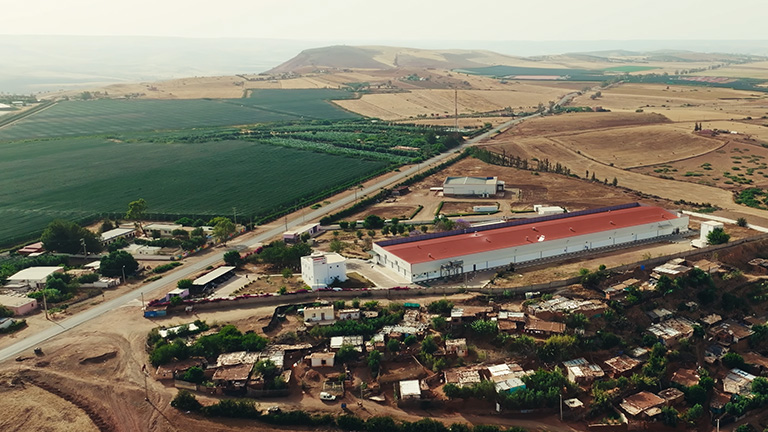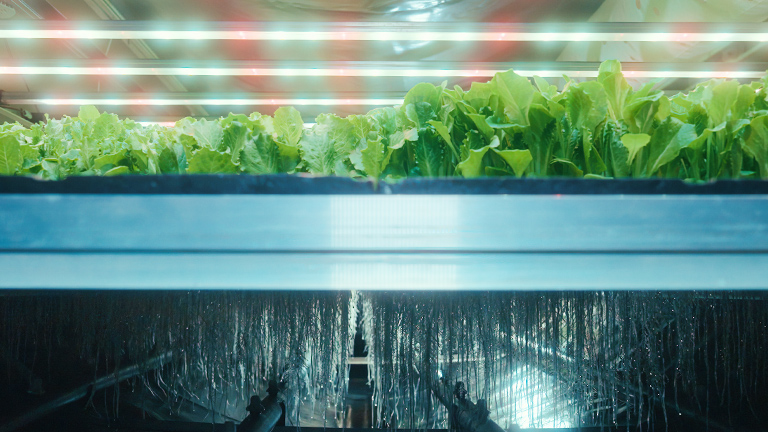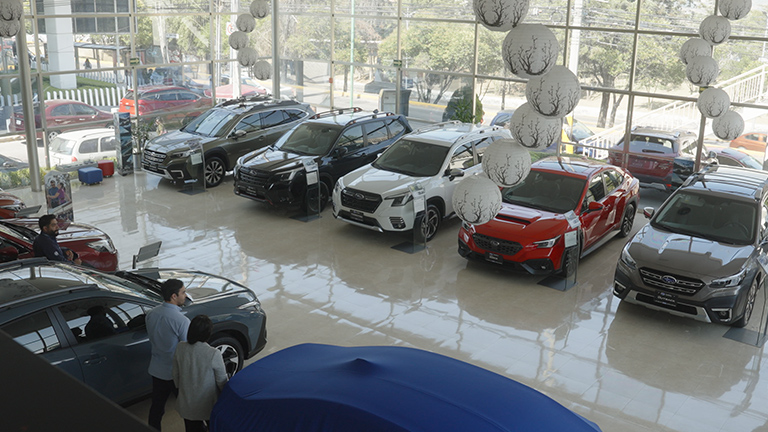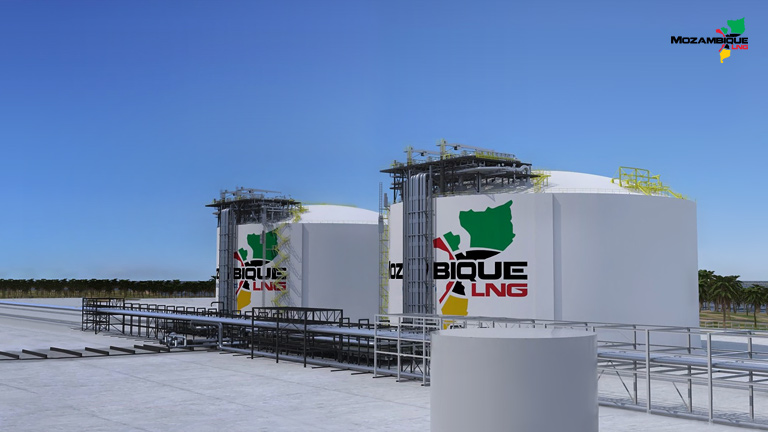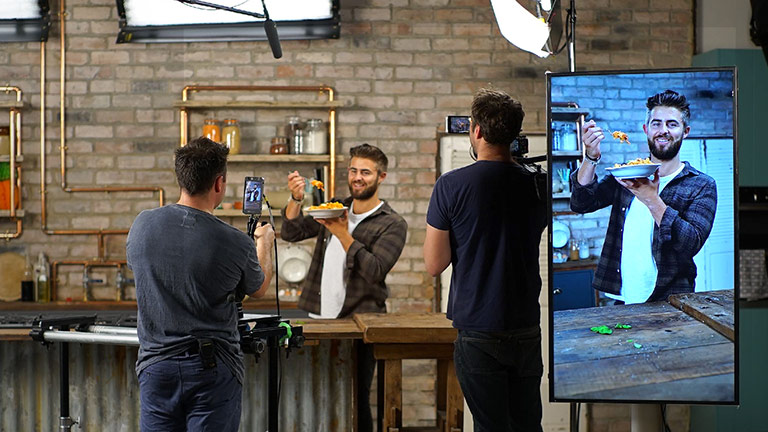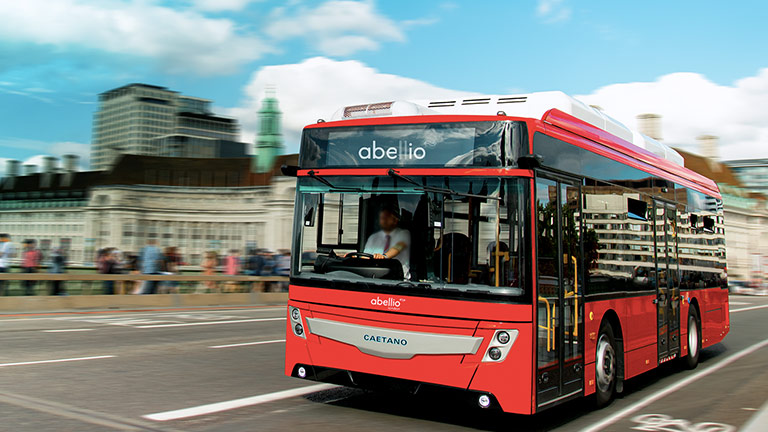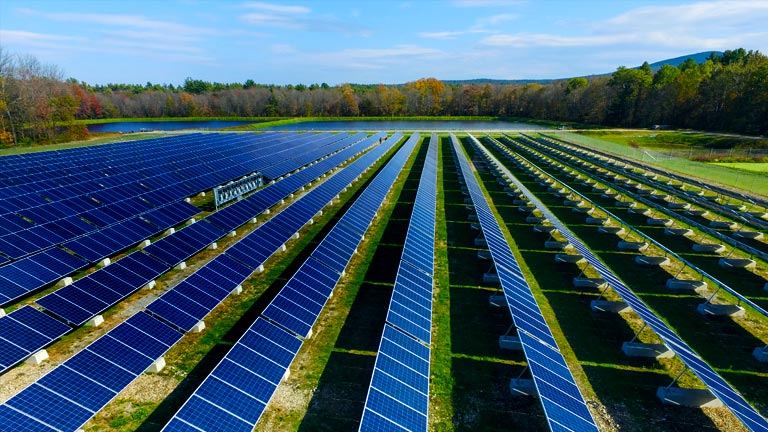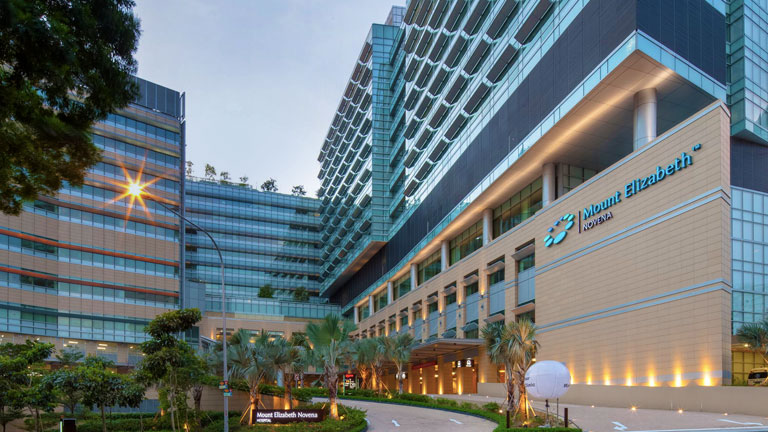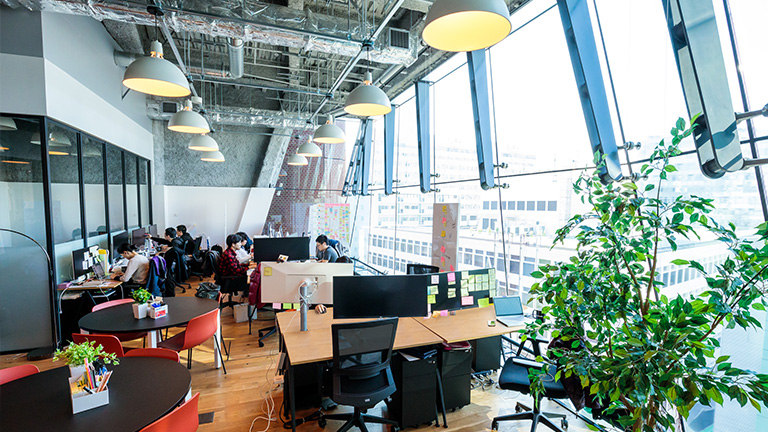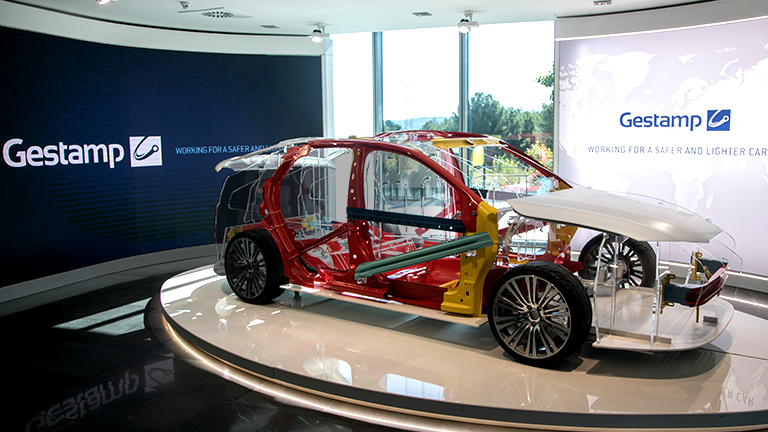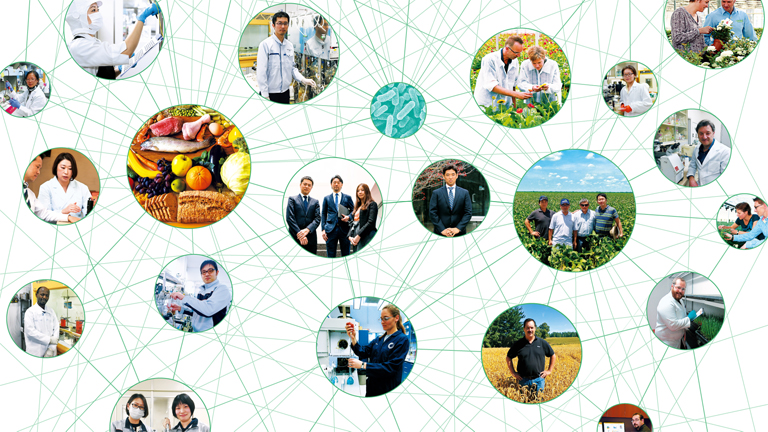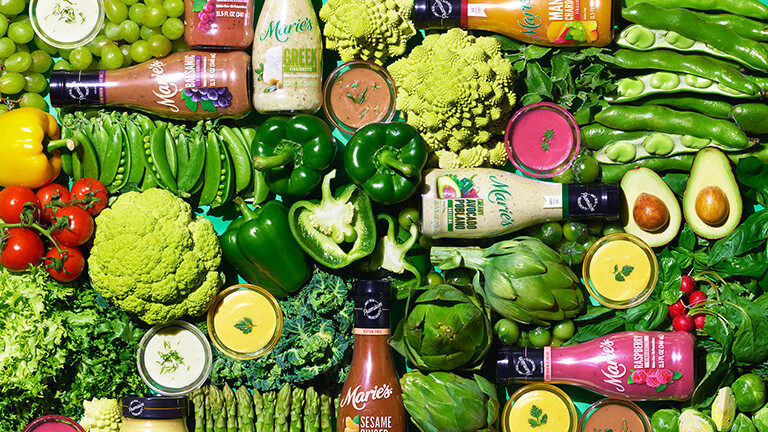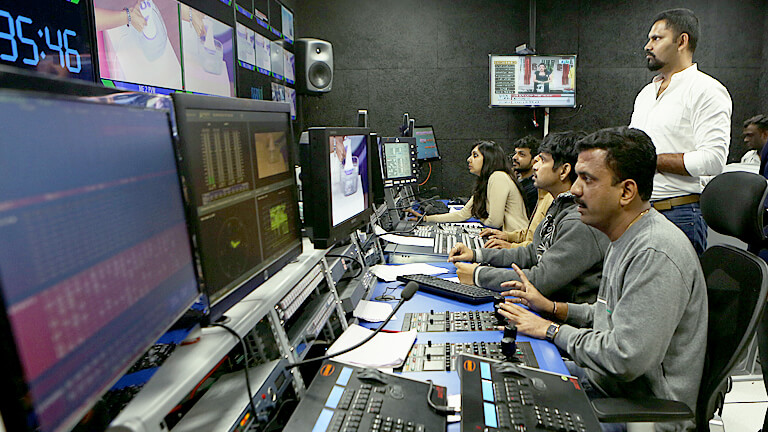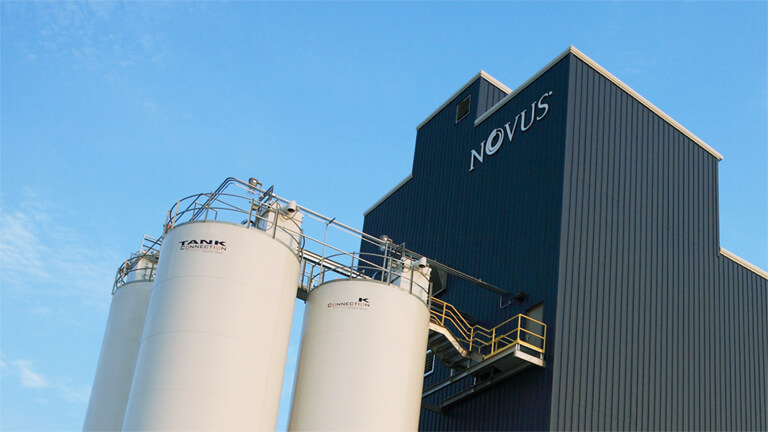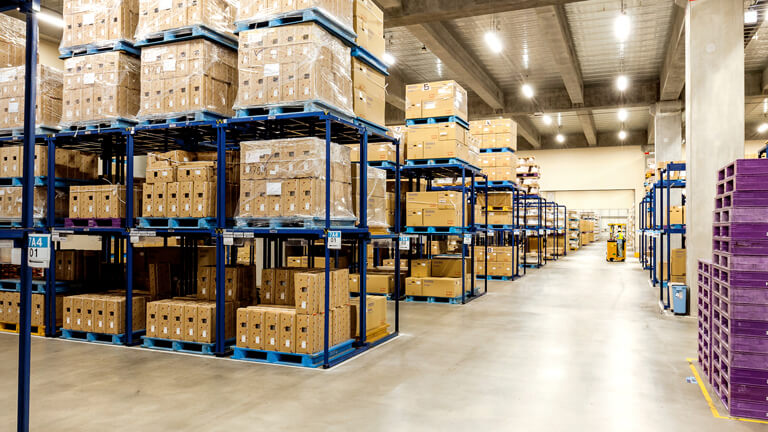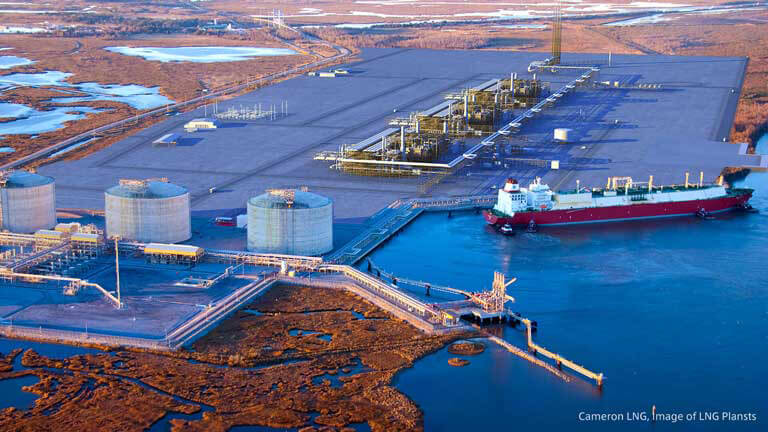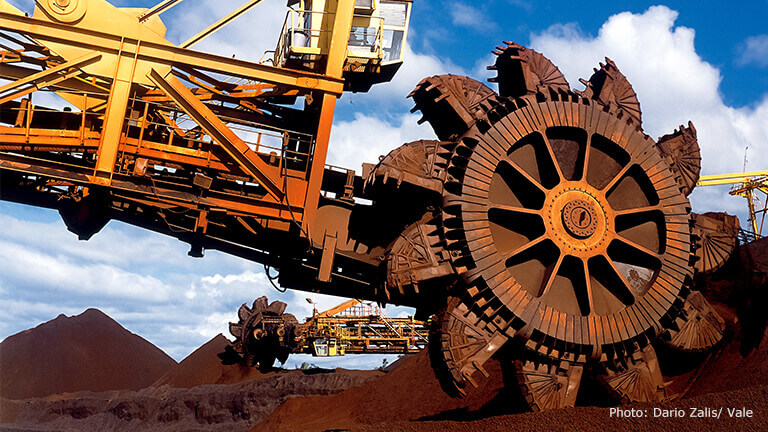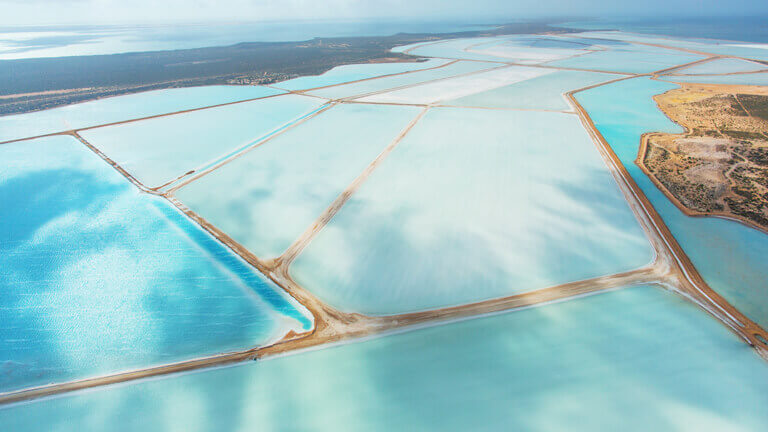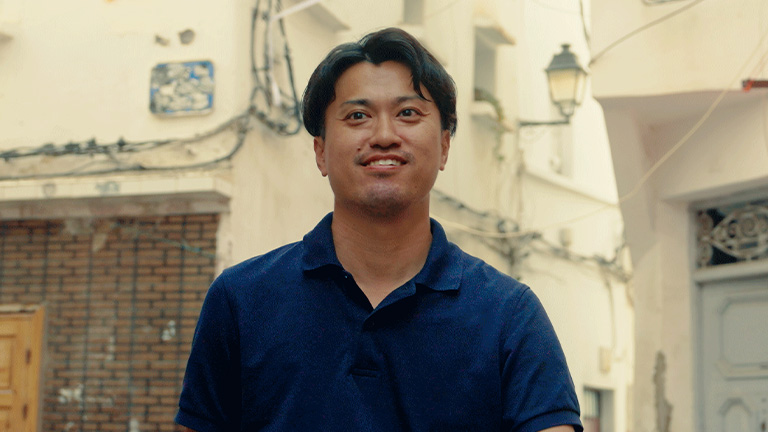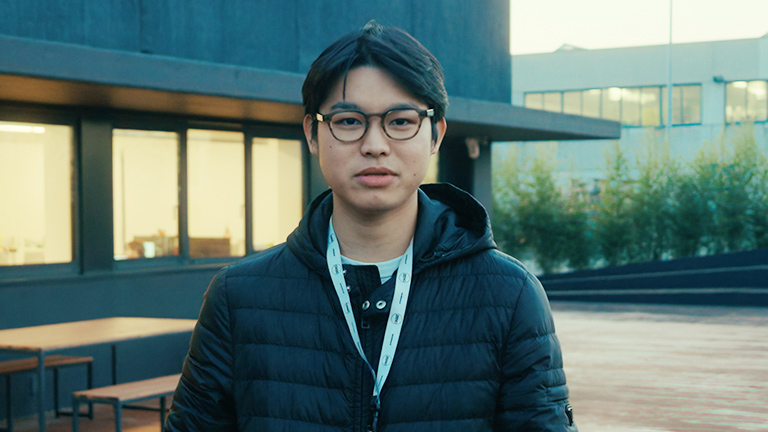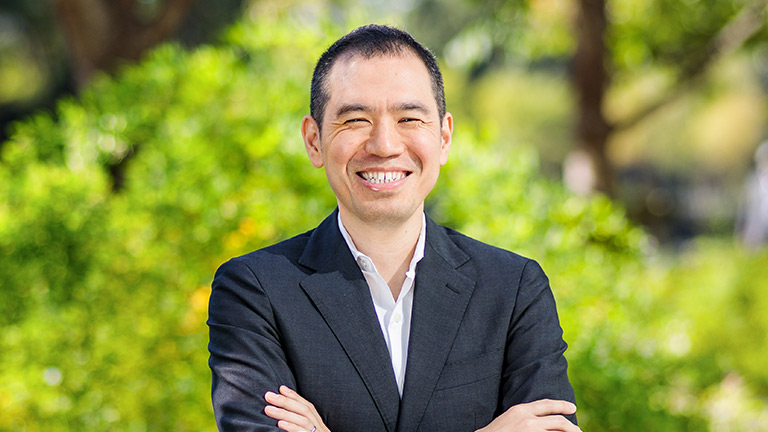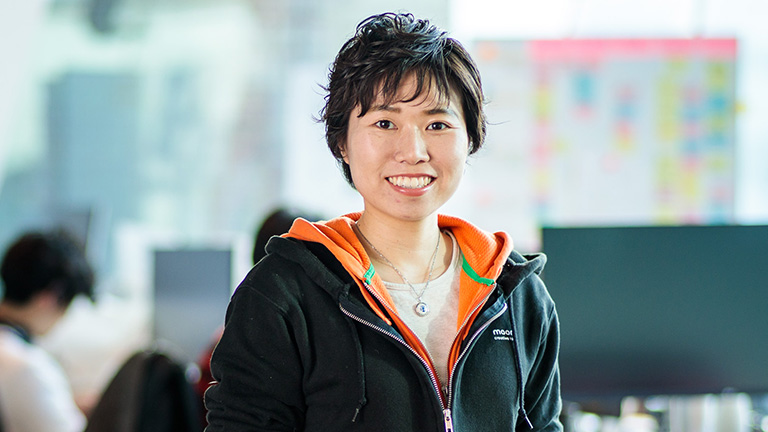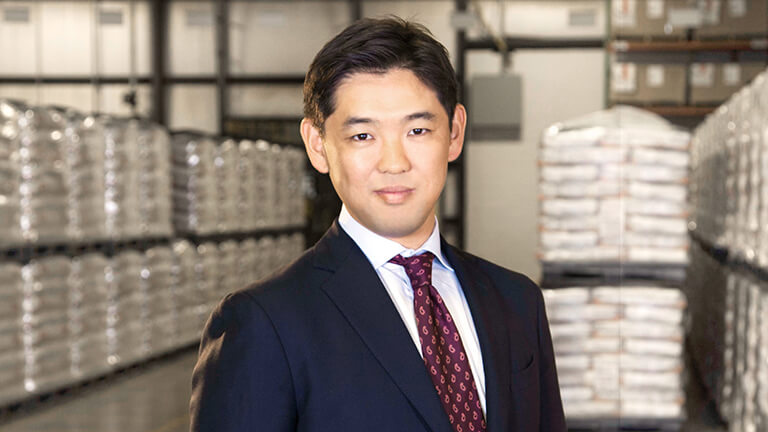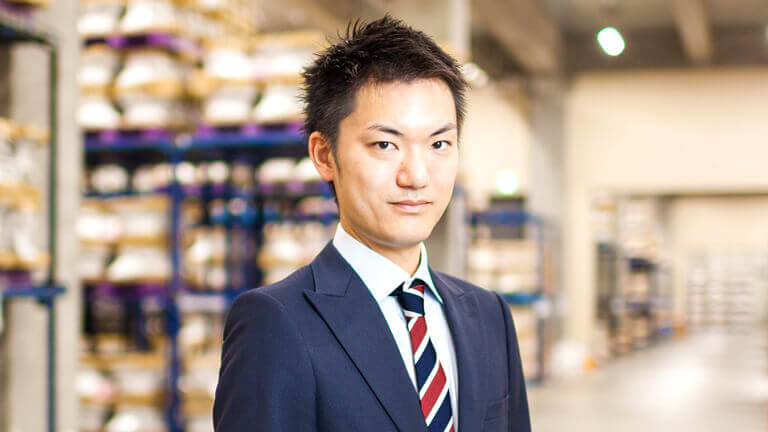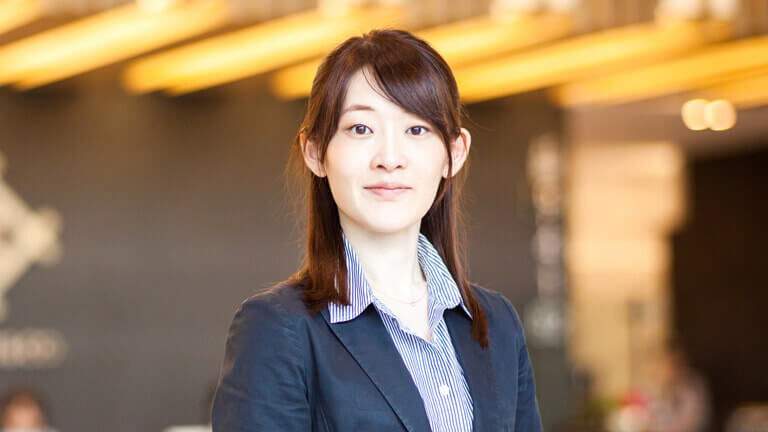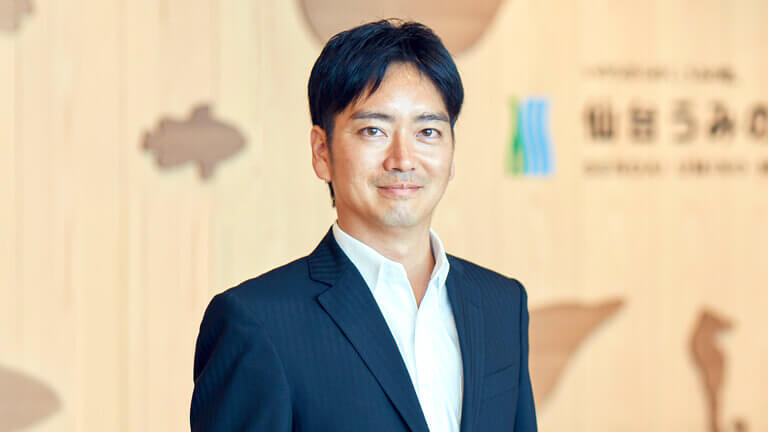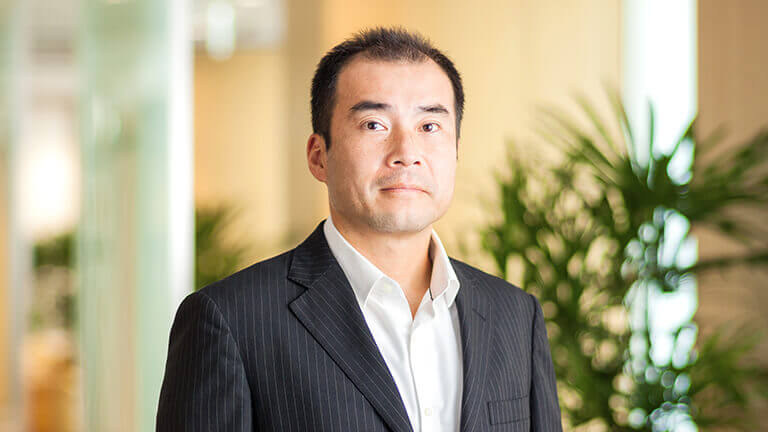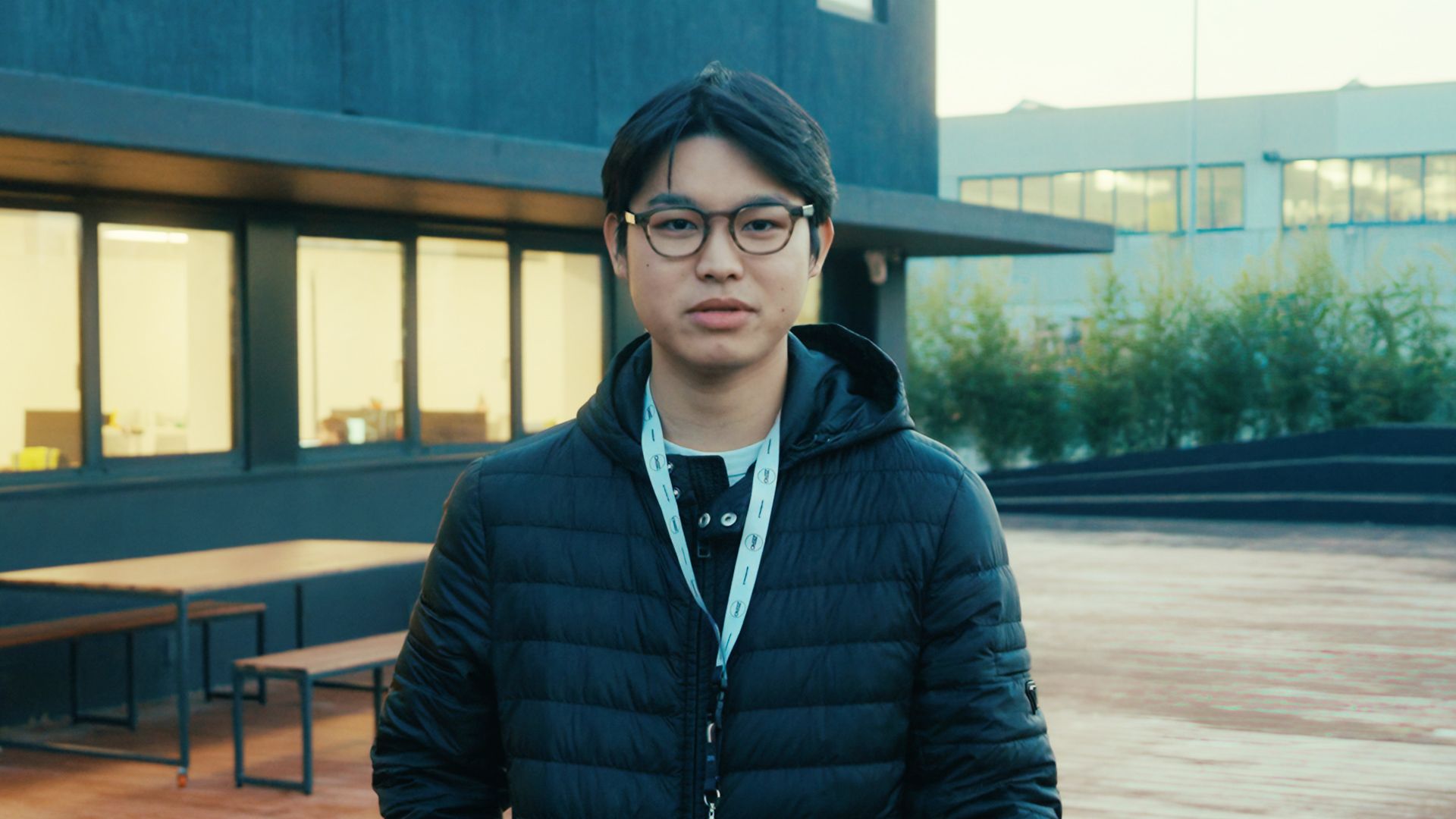
People
Seiu Kou
Project Manager,
Agri-Innovation Dept., AgriSolutions Div., Nutrition & Agriculture Business Unit.
ZERO FARMS MIDDLE EAST – SOLE PROPRIETORSHIP L.L.C
At a vertical farm in the desert about an hour's drive from Saudi Capital Riyadh, Seiu Kou is helping shape a more sustainable, next-generation form of agriculture.
Growing vegetables in the desert
I am developing a vertical farming business in Saudi Arabia. We are growing vegetables in the desert—literally!
Let me start by defining a vertical farm. It's a type of farm where you control all the growing parameters. The farm is a fully enclosed environment where you can create optimum growing conditions using AI and IoT to auto-control temperature, humidity, airflow, CO2 concentration, nutrients and moisture.
Leaf lettuce is a good example of what vertical farming can do. Normally with leaf lettuce the time to harvest is 10 to 13 weeks. In a vertical farm, it's three to four weeks! On top of that, you're cutting water use by a maximum of 95% and eliminating agrichemicals completely.
Because of its sustainability, vertical farming is attracting a lot of interest. As well as having a low environmental impact, the crop output, crop quality and costs are all stable and predictable because weather volatility is no longer a factor. Interest is particularly high in Saudi Arabia, where the harsh climate means that around 80% of fresh vegetables have to be imported. I believe our business can make a positive contribution to the food situation there.
We created the business by teaming up with ZERO, an Italian company that runs the technology side of things, and Tamimi Markets, which is one of Saudi Arabia's biggest supermarket chains. In December 2023, we completed the construction of our farm; it’s located in the desert about an hour's drive from Riyadh, the capital. At present [Feb. 2024], we are growing baby leaf, leaf lettuce and herbs et cetera in a 6,000-square-meter building. We plan to start proper shipments in several months, once the test shipment phase is over.
Setting up a business from scratch four years after joining Mitsui

The first time I encountered the concept of vertical farms was in 2020. My department had set up a task force to explore possible new infrastructure-related businesses. That's when the idea of combining farming and infrastructure came up.
Vertical farming immediately struck me as exciting. I felt very drawn to the idea. Agriculture is actually far less sustainable than people think. You have problems like water resource depletion, a diminishing stock of cultivable land, restrictions on the use of agrichemicals, and so on. By applying its expertise in infrastructure to vertical farm technology, I thought that Mitsui might be able to help shape a new form of agriculture that will eventually become widely accepted, paradigmatic even.
Although the idea of the vertical farm business had been brought up many times within Mitsui, it had never really made it off the drawing board. “Let's give it a go,” I thought, so I put my name forward, transferred departments and started drawing up a business strategy. I had been at Mitsui four years at that point.
By the standards of a normal seniority-focused Japanese company, I've probably done quite a lot for my age. Frankly, though, it's not something I give a lot of thought to. In Mitsui, the attitude is very much, “Give the job to the person with the most knowledge and the highest commitment. Age is neither here nor there.” That's how I got put in charge and why I got the firm's backing.
But the job itself was incredibly tough. For the project to get to where it is today, I had to “update” myself on an ongoing basis, based on a success-to-failure rate of 95% to 5%! When the farm was safely built, I was so moved that I don't think I'll forget it for the rest of my life. I couldn't believe we'd come this far.
At Mitsui, the product is...you

I have Chinese roots. My parents were born in China; I myself was born here in Japan and went through the Japanese education system. I always spoke Chinese at home and Japanese outside the home.
Maybe because I had this link with another culture, even when I was seven or eight, the idea of one day working overseas with people from different countries struck me as the most natural thing in the world.
My father's hometown in China was deep in the countryside and in infrastructure terms, the area was a very long way behind Japan. As I got a bit older, I thought to myself, “Wow, people are the same everywhere, but life can be really different, depending on where you're born.”
That's why I got interested in working at a trading company. What could be more fun and satisfying that exporting excellent technology and helping improve people's lives in different countries through infrastructure? Currently, I'm living in Dubai and I fly off to Saudi Arabia and to Italy as the project demands.
I think it's crucial to have a sense of yourself as the main character in the work we do. Let me explain what I mean: A trading company like Mitsui has no physical product. We don't have the vertical farm technology of ZERO or the distribution and sales network of Tamimi Markets. In my particular case, Mitsui's product is me—the individual emails I write, the opinions I express. All these things are Mitsui's “product.” That's how I see my work.
Any infrastructure project always involves multiple participants. Normally, the participating firms have a specific product and are responsible for a specific area. The role of a trading house representative is quite different: we have to oversee everything. We need to have a sense of ourselves as the main actor and keep the whole project in our sights, while trying to think what it's best to do not just this week, but next week, six months ahead, a year ahead! We need to have a higher level of commitment than anyone else.
Beyond leafy greens
We are about to start full-scale production at the Saudi farm. There are a couple of immediate issues we face: first, achieving stable production and second, seeing how consumers respond to our product.
Of course, showing that our “recipe” of inputs will actually work here in Saudi Arabia in terms of achieving stable outputs, stable quality and stable costs is a precondition for success. On top of that, we need to see whether consumers will buy the leafy vegetables we grow in the farm. The business needs to achieve consumer acceptance to have real meaning. That's what I'm focusing all my energies on right now.
At the same time, we're also taking a long view. Under the slogan “Beyond leafy greens,” we are conducting research to broaden the whole scope of the business. That means, for example, cultivating the biomaterials used in vaccines, pharmaceuticals, supplements and cosmetics. While most vertical farms focus on food production, we are able to expand our system and grow more high value-added products.
In that sense, fruit and vegetable crops are just a gateway for us. I want to expand the business into a platform for producing different applications of plant origin. In cooperation with our colleagues around the world, I hope to completely change the conventional thinking around agricultural production.
Yes, overall I want to use my position at Mitsui & Co. to create new paradigms that achieve wide acceptance. I want to use Mitsui's trading-company functions to develop genuinely innovative businesses in conjunction with our partners. I want to show people, “Look, this concept really is viable! It really can be done.” I want to be on the frontier of new business ideas. That's always been my dream.
Posted in May 2024

